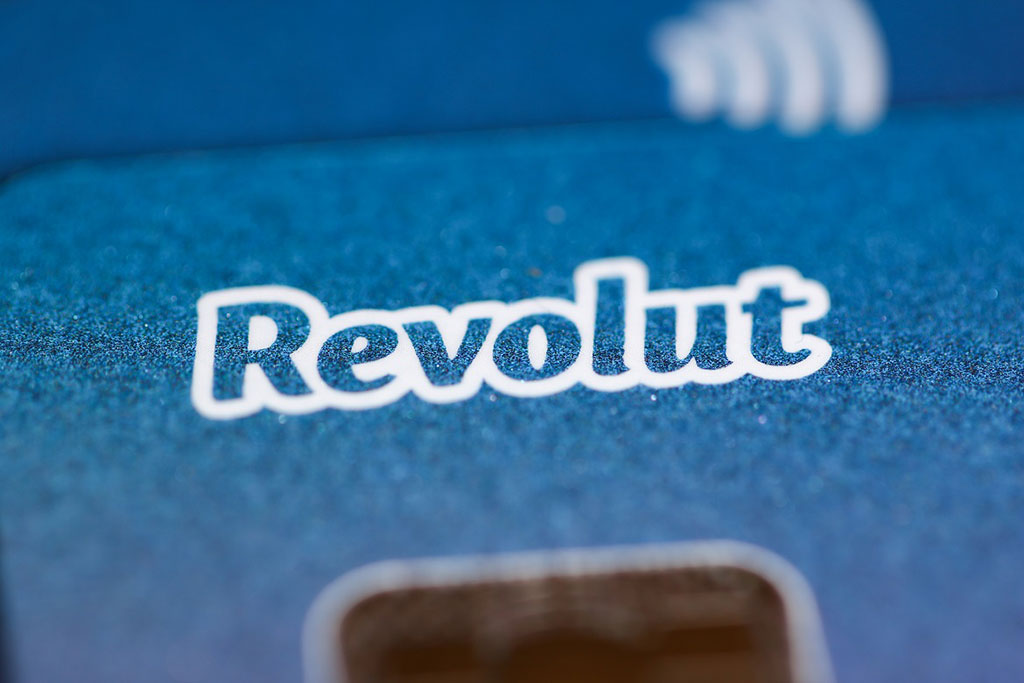Bitcoin mining, one of the crucial activities in the cryptocurrency space, has recently come under scrutiny from various quarters. Some countries have expressed concerns about the amount of electricity consumed in the process, leading to discrimination against Bitcoin mining facilities. However, several crypto experts have argued that BTC mining could bring more good than harm if given the essential resources. In this article, we will discuss the importance of self-custody in protecting Bitcoin mining and explore the arguments for and against BTC mining.
The Importance of Self-Custody
Ryan Selkis, the CEO of Messari, recently stated that self-custody is crucial to protecting Bitcoin mining. Self-custody refers to the practice of holding and managing one’s private keys instead of relying on third-party custody services. This is important because it gives Bitcoin holders full control over their funds and reduces the risk of theft or loss. With self-custody, Bitcoin mining facilities can secure their earnings and protect themselves from malicious actors.
However, self-custody can also be challenging for those who are not technically savvy or lack experience in managing their private keys. This is why it is crucial to educate Bitcoin holders and mining facilities about self-custody best practices and provide them with the necessary tools and resources to secure their funds.
Arguments for and Against Bitcoin Mining
BTC mining has received both support and criticism from various quarters. Those in support of BTC mining argue that it could bring more good than harm if given the essential resources. For instance, Willy Woo, a popular BTC advocate, clarified that BTC miners would need more energy if they intend to make a tangible impact, especially if they were to shift to renewable sources. This is because a renewable energy revolution would require the grid to generate three times more power than it currently does.
Moreover, Daniel Batten, another BTC influencer, argues that more highly flexible consumers of energy who support the renewable buildout and play nice with other consumers would be beneficial. In other words, BTC mining facilities that use renewable energy sources and are willing to cooperate with other energy consumers could help drive the transition to a more sustainable energy system.
On the other hand, some countries have expressed concerns about the amount of electricity consumed in the BTC mining process. For instance, the Public Utility Commission of Idaho recently approved a special electricity rate for crypto mining facilities, subjecting them to a 225 hours per year power cut instead of the all-year-round electricity. The commission’s decision was based on the argument that BTC mining facilities are data center businesses and should be subject to the same regulations.
Furthermore, the Biden administration is trying to impose a 30% tax on the cost of electricity utilized for mining operations in the United States, adding to the already challenging situation faced by BTC miners. This could discourage BTC mining facilities from operating in the US, leading to a decline in the country’s competitiveness in the cryptocurrency space.
Conclusion
In conclusion, BTC mining is a crucial activity in the cryptocurrency space that requires protection and support. Self-custody is one of the essential practices that BTC miners can use to secure their earnings and protect themselves from malicious actors. However, BTC mining has also received criticism from some countries due to the amount of electricity consumed in the process. Nevertheless, several BTC advocates have argued that BTC mining could bring more good than harm if given the necessary resources, such as renewable energy sources.





